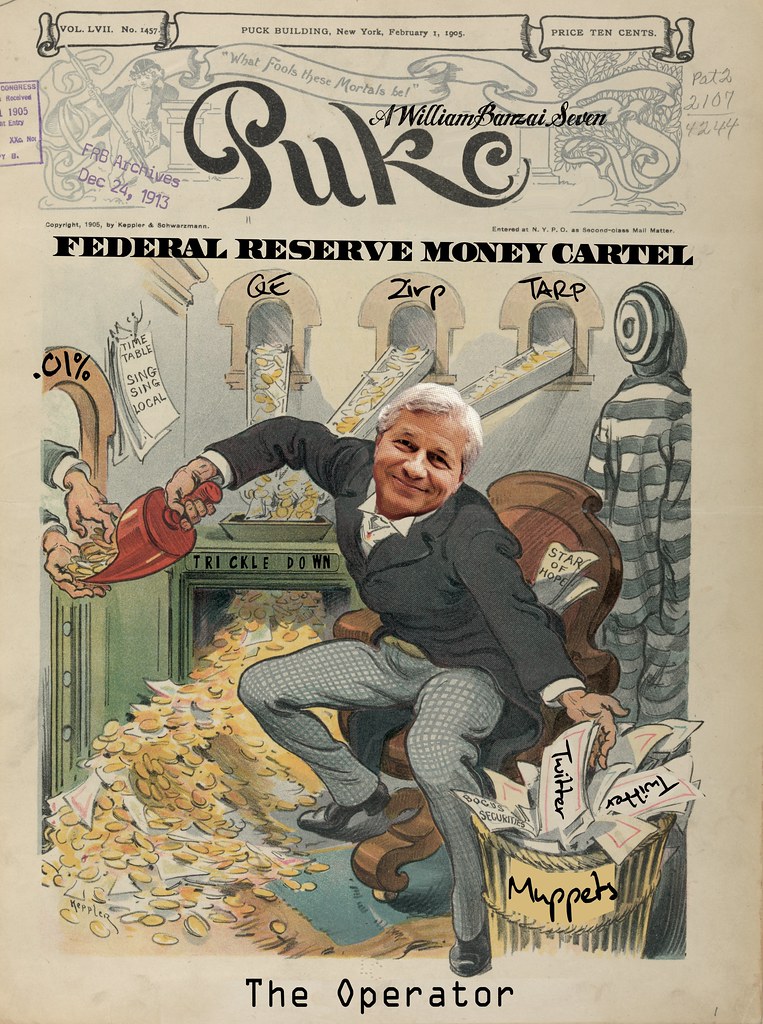Submitted by Simon Black of Sovereign Man blog,
Mohamed Bouazizi. It’s not a name that means much to most people. But you’ll recall his story.
Frustrated with the absurd amount of regulation and corruption that prevented him from being able to put food on the table for his family, Bouazizi was the 26-year old Tunisian fruit merchant that set himself on fire in 2011.
In doing so, all the pent up frustration across the Middle East and North Africa erupted all at once; the entire region immediately plunged into multi-year revolution which became known as the Arab Spring that has since toppled a number of governments.
Like individual people, societies have their own breaking points. They build up anger and frustration for years… sometimes decades. Then all it takes is one spark. One catalyst. And it all becomes unglued.
Just yesterday, a 33-year old Indian man got hit by the proverbial bus in Singapore’s Little India neighborhood. That was the catalyst. What transpired for the next several hours was a full blown riot… the first of its kind since 1969.
Several hundred rioters stormed the streets. They started off smashing the up the bus that was still on the corner of Hampshire Road and Race Course Road. Then they started throwing objects at the ambulance staff who were unsuccessful in extracting the man in time to save his life.
By the end of the evening, an angry mob had lit five police vehicles on fire, plus the ambulance, leaving the streets in a towering inferno.
The government immediately went into damage control mode trying to explain what happened. But the explanation is really quite simple.
Singapore has had years of tensions building. The wealth gap is growing like crazy. Wealthy people are becoming ultra-wealthy, while the majority of folks see the cost of living rise at an alarming rate.
Strong ideological and ethnic differences are boiling over. And backlash against immigrants, especially from certain countries, is becoming an acute and obvious problem.
These issues are commonplace. Ideological differences. The wealth gap and economic uncertainty. Immigration challenges.
They’re the same issues, for example, that have plunged much of Europe into turmoil, including the rise of a blatantly fascist political party in Greece.
And these same issues exist, in abundance, in the Land of the Free… where a number of serious ideological divides are becoming obvious social chasms.
Printing money with wanton abandon. Racking up the greatest debt burden in the history of the world. Doling out wasteful and offensively incompetent social welfare programs at the expense of the middle class. Brazenly spying on your own citizens. These are not actions without consequences.
And if it can happen in Singapore – one of the safest, most stable countries on the planet, it can happen anywhere. Even in a sterile American suburb.







via Zero Hedge http://feedproxy.google.com/~r/zerohedge/feed/~3/lD2gzxITtLI/story01.htm Tyler Durden
![]()





 Back in 2012, Sen. Edward
Back in 2012, Sen. Edward









